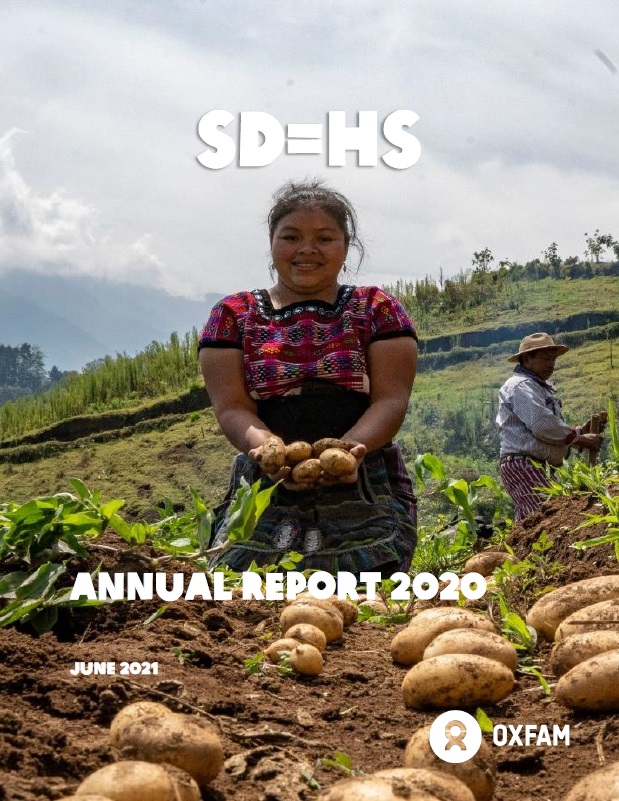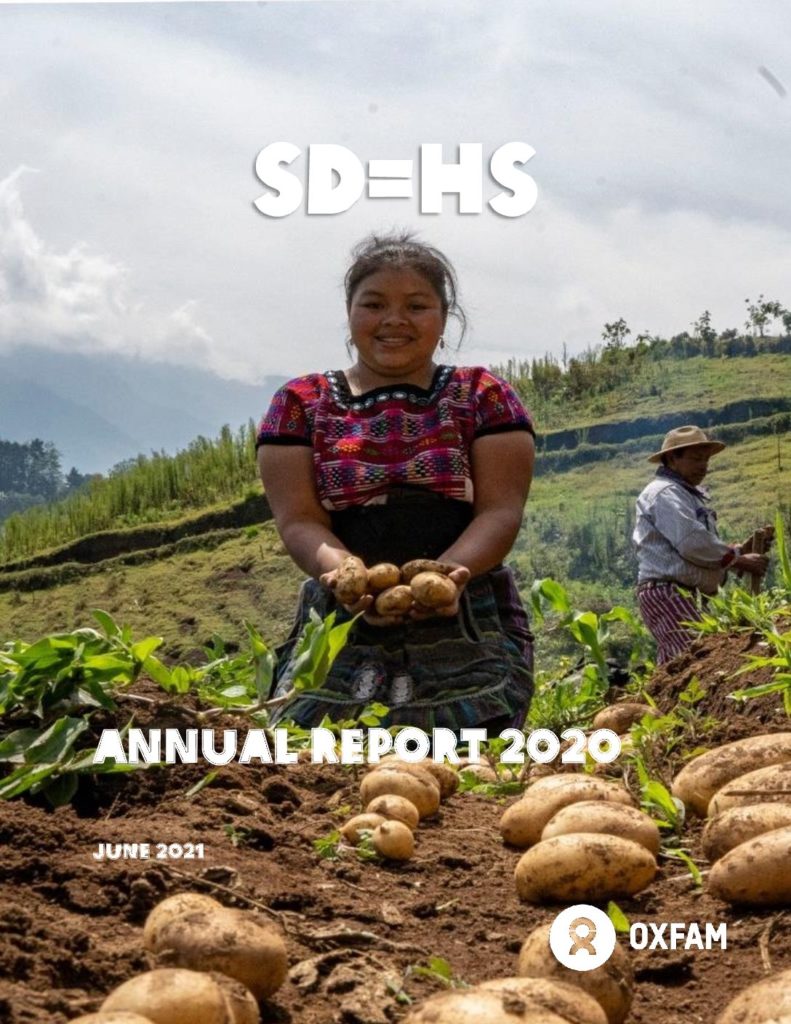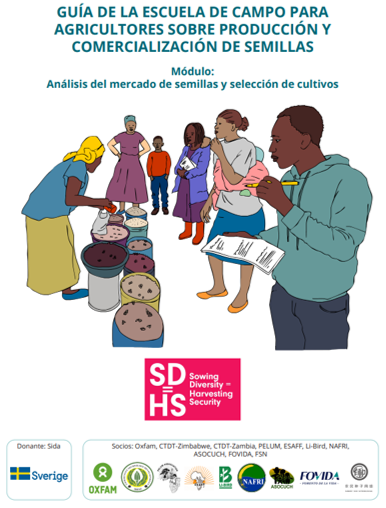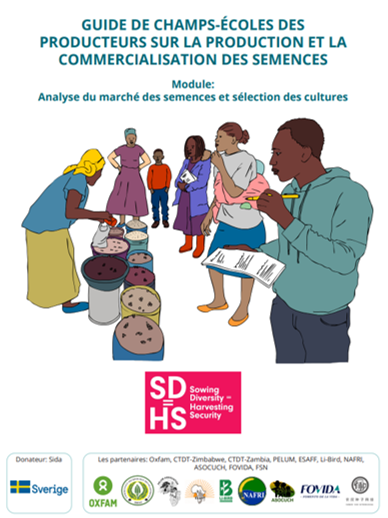As part of Oxfam Novib’s SeedsGROW international program, Sowing Diversity = Harvesting Security, or SD=HS, is a joint effort of the world’s leading civil society organizations with a firm track record in the field of plant genetic resources to empower smallholder farmers.
Our mission is to support indigenous peoples and smallholder farmers – men, women and youth – for them to enjoy their Farmers’ Rights and to have the capacity to access, develop and use plant genetic resources to improve their food and nutrition security under conditions of climate change.
2020, the second year of Phase II of the program, was a particularly difficult year. COVID-19 did not only overburden health systems and caused millions of deaths; it also led in countries already facing many difficulties, to greater inequalities and vulnerabilities. It meant restrictions on social mobility, disruption of markets, higher prices and lower incomes for daily laborers, farmers and rural workers and increase in food insecurity and hunger. With greater restrictions on their mobility, and greater pressure to feed their households, women have been hit the hardest.
The pandemic also forced us to fundamentally change the way we work. Throughout the world, teams were not able to go to the field, training courses had to be postponed, and we all became increasingly reliant on online tools and platforms. Oxfam and partners had to redevelop their 2020 operational plan, adjust ways of working, reallocate budgets and invest considerable time in conversations about the pandemic’s often-unpredictable impact in different countries. But as this report shows, these led to positive results.
The SD=HS project met or passed the targets set for its four outcomes. The cancellation of planned travel and public events meant that we underspent. But we also overperformed: the teams in the Netherlands and in countries reached more than 33,000 smallholder farmers directly (an increase of 29% compared to 2019) and almost 215,000 indirectly.
The main reasons for this strong performance lie in the resilience and social capital of the communities where we work. SD=HS has strengthened the capacities of men and women, built a network of farmer field schools (FFSs) and farmer seed enterprises (FSEs), and nurtured strong ties with national and local government institutions. This social capital has been indispensable in responding to the pandemic. For example, disruption to seed markets was mitigated by the availability of locally produced quality seeds or collaboration with friendly breeding institutes and local governments.
The aim of this annual report is not only to account for the work we did in 2020. Above that, we hope to inspire by giving a glimpse of the many efforts that have been made possible in the context of this program.










